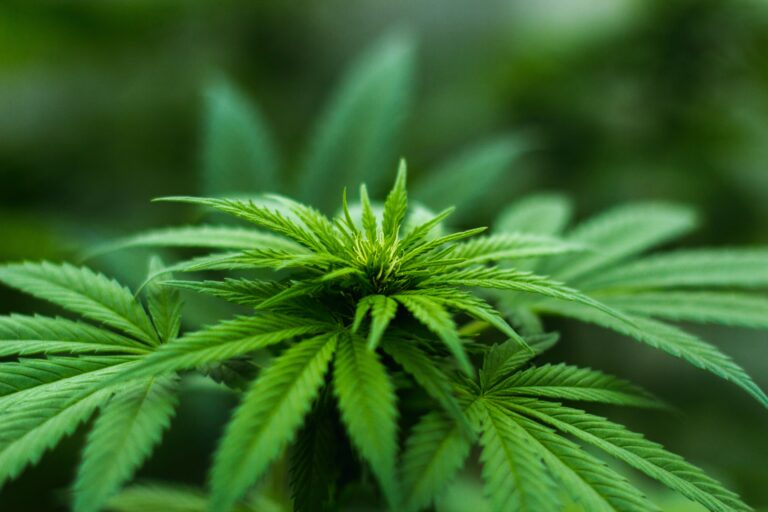What is the legality of cannabis in Slovakia?
Cannabis is currently illegal in Slovakia, both for recreational and medical purposes. The possession, sale, and cultivation of marijuana are all criminal offenses in the country. Slovakia is known for having some of the strictest drug laws in Europe, and the use of cannabis is highly regulated and punished under these laws.
What is the public opinion on cannabis in Slovakia?
Public opinion on cannabis in Slovakia is generally conservative. A large portion of the population opposes the legalization of marijuana for both recreational and medical use. However, some recent surveys have shown a slight increase in support for the decriminalization of cannabis, particularly for medical purposes. Despite the conservative views, there is a small but growing community of cannabis activists in the country advocating for change in the drug laws.
What are the laws and penalties for cannabis in Slovakia?
In Slovakia, the possession, sale, and cultivation of cannabis are all criminal offenses. The penalties for these offenses can be severe, depending on the quantity and circumstances of the case. Some examples of penalties include:
- Up to 3 years imprisonment for possession of small amounts of cannabis for personal use
- Up to 5 years imprisonment for the cultivation of cannabis plants
- Up to 8 years imprisonment for the sale of cannabis
- Up to 20 years imprisonment for large-scale trafficking or distribution of cannabis
Additionally, those found guilty of drug offenses can face fines, asset forfeiture, and mandatory drug treatment programs.
What terminology is used for cannabis in Slovakia?
There are several terms and slang words used to refer to cannabis in Slovakia. Some common terms include:
- Marihuana or Marihuan – the Slovak words for marijuana
- Tráva – meaning grass or weed
- Ganja – borrowed from the English slang term
- Konope – the Slovak word for hemp, sometimes used to refer to cannabis
Is CBD legal in Slovakia?
Cannabidiol (CBD), a non-psychoactive compound found in cannabis plants, is legal in Slovakia as long as it contains less than 0.3% THC. CBD products can be found in some pharmacies and health food stores, and they are often used for their potential health benefits, such as reducing inflammation and managing anxiety. However, the sale of CBD products is strictly regulated, and only registered companies are allowed to sell them.
Is medical cannabis allowed in Slovakia?
Medical cannabis is not currently allowed in Slovakia. Despite some efforts by activists and politicians to change the laws, the use of cannabis for medical purposes remains illegal. There have been discussions about allowing medical cannabis in specific cases, such as for patients with severe epilepsy or multiple sclerosis, but no concrete legislation has been passed yet.
What are the cultivation regulations for marijuana in Slovakia?
The cultivation of marijuana is illegal in Slovakia, even for personal use. Individuals caught growing cannabis plants can face up to 5 years imprisonment. The government also has strict regulations in place for the cultivation of industrial hemp, which is only allowed for farmers with a special license and must contain less than 0.3% THC.
The Slovak government has several laws and resources in place to regulate and control the use of cannabis in the country. Some important laws and resources include:
- The Criminal Code, which outlines the penalties for drug offenses, including cannabis
- The Act on Narcotic Drugs and Psychotropic Substances, which regulates the production, sale, and use of drugs in Slovakia
- The Ministry of Health, which oversees the regulation of pharmaceutical drugs and medical devices, including CBD products
- The National Anti-Drug Unit, a specialized police unit responsible for enforcing drug laws and combating drug trafficking
In conclusion, cannabis remains illegal in Slovakia for both recreational and medical use. The country has strict drug laws and penalties, and public opinion on the matter is generally conservative. While there is a small and growing community of cannabis activists advocating for change, it remains to be seen if the laws will change in the near future.
